Maximizing Online Resources for Effective Data Recovery Tips
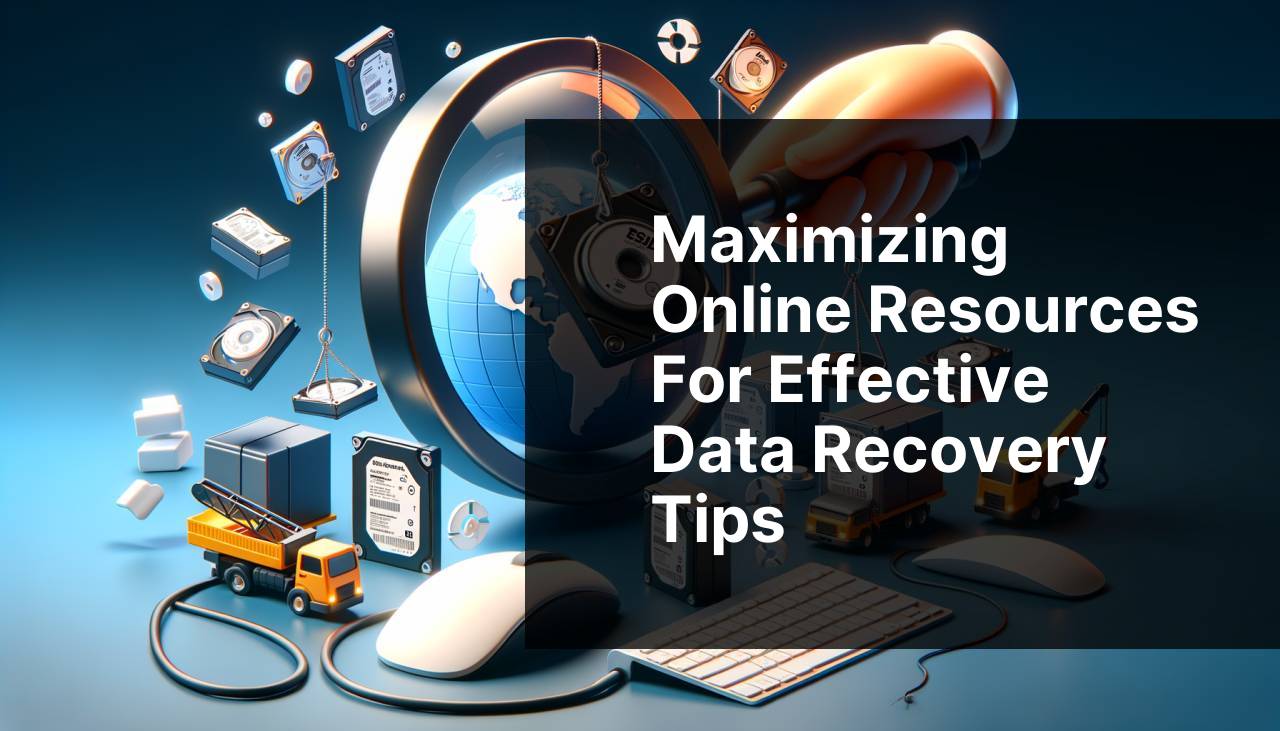
In today’s digital age, losing vital data due to accidental deletions, system failures, or malware attacks can be distressing. Fortunately, there is a wealth of information available online to aid in data recovery. Whether you’re dealing with corrupted files or a complete system crash, leveraging online resources can make the recovery process smoother and less stressful. This guide will uncover how to find reliable tips and advice on data recovery by exploring reputable sources, with a special focus on blogs like Handy Recovery Advisor’s Medium.
EaseUS Data Recovery Wizard
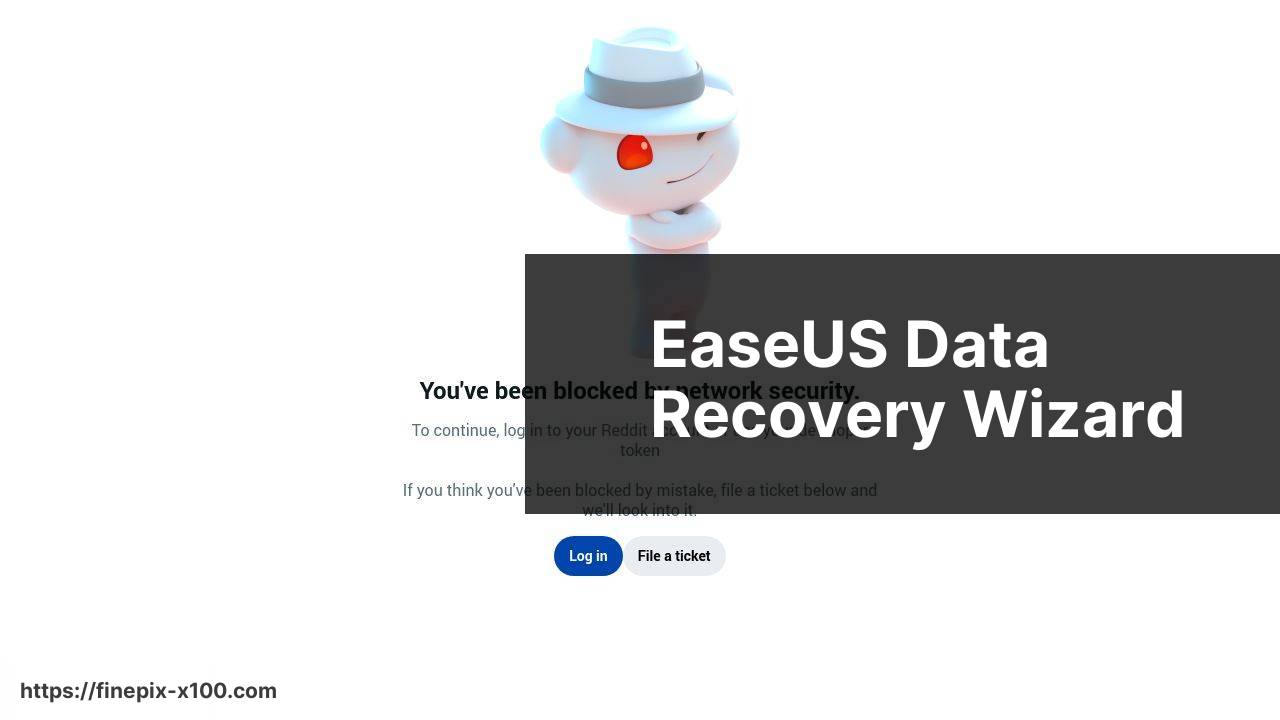
EaseUS is a robust data recovery software that can recover files from various types of storage devices, including internal and external hard drives, USB sticks, and SD cards. Known for its user-friendly interface, it supports recovery for a wide range of file types including documents, images, and videos.
Pros
- Supports multiple file types
- User-friendly interface
Cons
- Expensive premium version
- Limited features in free version
Recuva
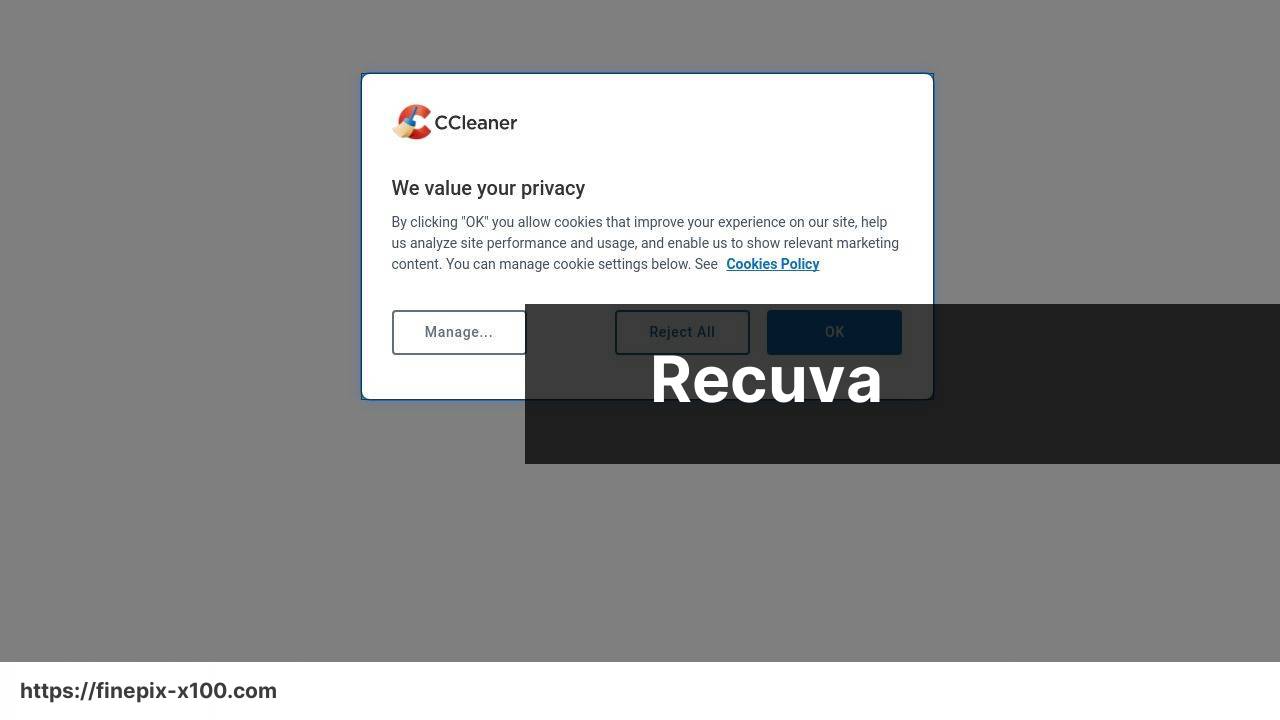
Recuva is another reliable option for data recovery. Developed by the creators of CCleaner, it offers a deep scan feature to help you find and recover files that other software might miss. It also comes with a dedicate mode for quick and easy recovery of specific file types.
Pros
- Deep scan feature
- Affordable pricing
Cons
- Limited support options
- Sometimes misses newer file types
Disk Drill
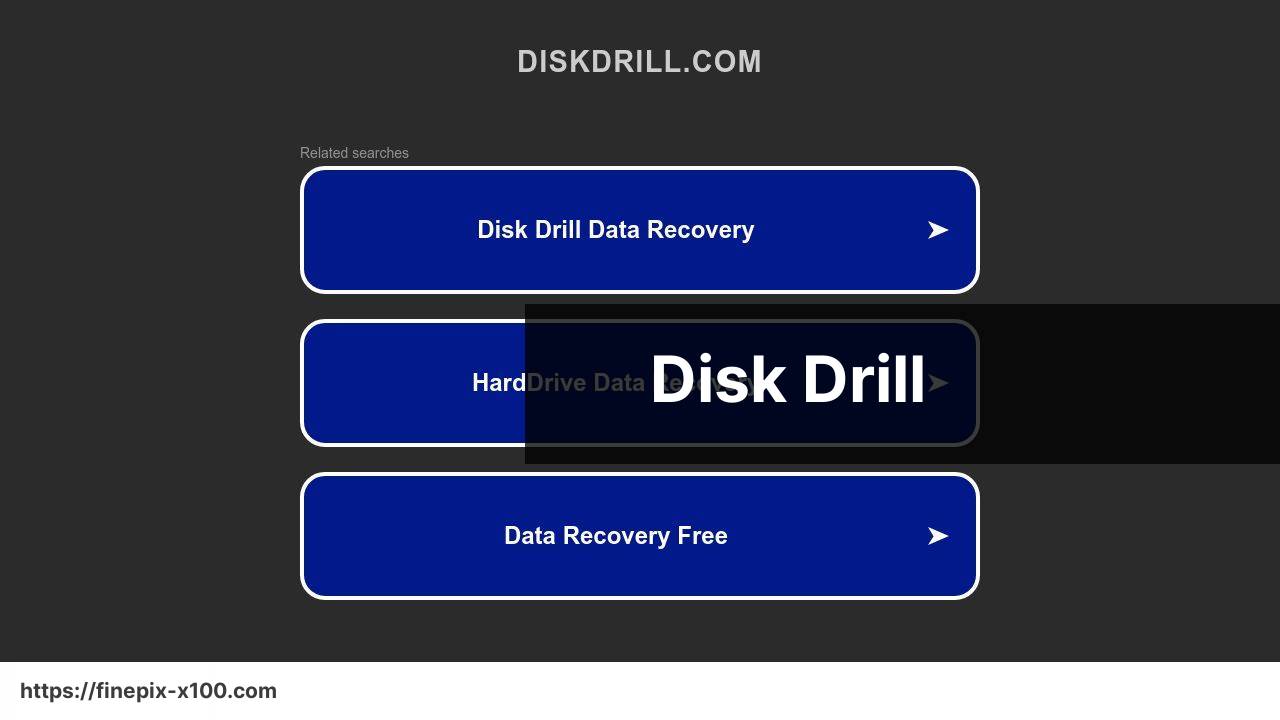
Disk Drill is notable for its simple, clean interface and powerful recovery capabilities. It supports data recovery from a wide range of storage devices, as well as multiple types of file systems like NTFS, FAT32, and HFS+. Disk Drill also offers extra features like data protection and backup.
Pros
- Easy-to-use interface
- Supports multiple file systems
Cons
- Premium version can be pricey
- Free version has limitations
Stellar Data Recovery
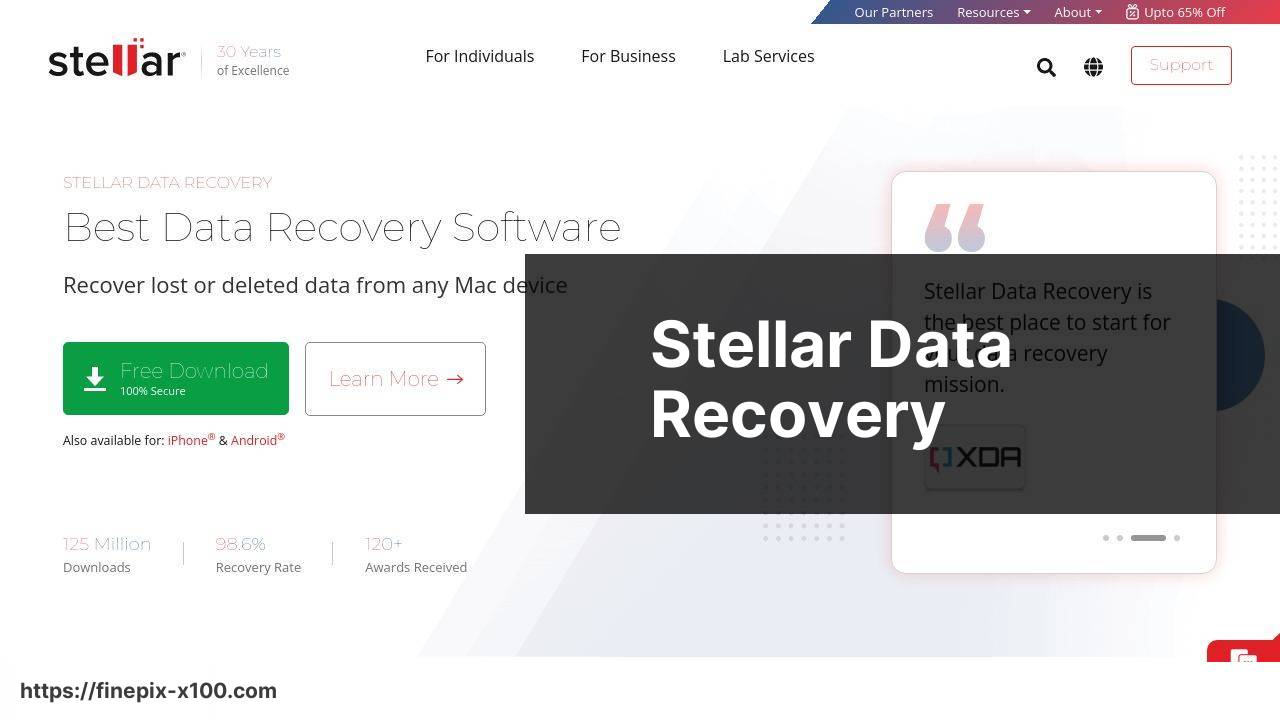
Stellar Data Recovery is well-regarded for its comprehensive data recovery services. It offers a range of features designed to recover lost data from Windows, Mac, and even Linux systems. The software is built to handle everything from simple deletions to complex data loss scenarios.
Pros
- Supports multiple operating systems
- Comprehensive data recovery features
Cons
- Can be slow in deep scan mode
- Pricey compared to other options
Data Rescue
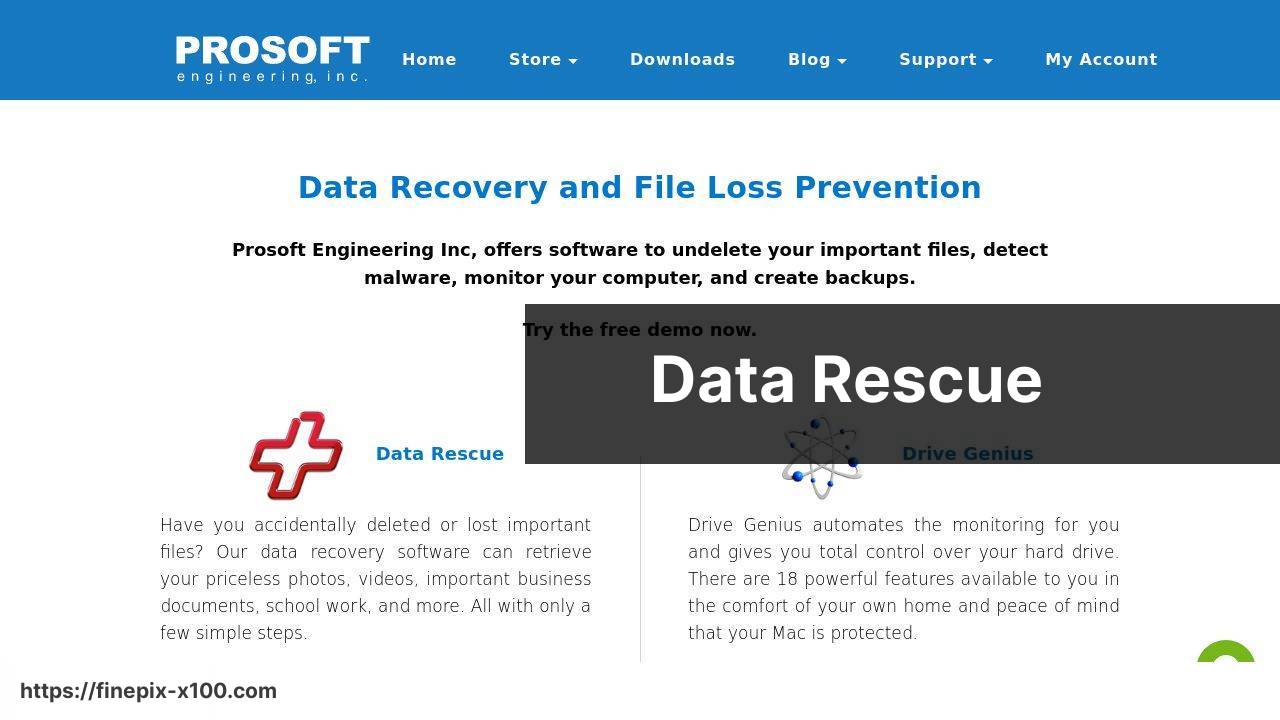
Data Rescue is a powerful data recovery software developed by Prosoft Engineering. It is designed to recover a wide range of files from damaged or defunct hard drives. This software is highly reliable for both personal and professional use, featuring a user-friendly interface and robust scanning tools.
Pros
- Advanced scanning tools
- Suitable for both personal and professional use
Cons
- Pricey for professional version
- Learning curve for beginners
Wondershare Recoverit

Wondershare Recoverit is an excellent data recovery tool that supports a broad spectrum of data loss situations, including accidental deletions, system crashes, and more. It offers a straightforward recovery process, which makes it a favorite among users worldwide.
Pros
- Simple recovery process
- Supports a wide range of data loss scenarios
Cons
- High subscription cost
- Bloatware in the installer
Conclusion:
When it comes to data recovery, the key lies in timely action and using reliable sources. Different online platforms offer substantial help, each with its own unique focus. For instance, Handy Recovery Advisor’s Medium is a great place to start. The Medium page that is dedicated to Handy Recovery Advisor features articles related to data recovery, offering insights, tips, and guides.
For step-by-step tutorials, YouTube can be immensely helpful. Channels dedicated to technology often cover data recovery topics. While watching these videos, make sure to read comments and reviews, as they offer a community perspective on the efficacy of different solutions. Another excellent platform is Reddit, where you can ask questions and get tips from seasoned users. Subreddits like r/datarecovery are highly active and can provide real-time advice.
Technical forums such as BleepingComputer or Tech Support Guy are also useful. They usually have categories specifically for data loss and recovery, where you can search for previously answered questions or ask your own. These forums are frequented by experienced users and sometimes even industry experts.
Lastly, remember that the software you choose plays a vital role. While free versions of many recovery tools offer basic features, investing in a premium version usually provides a more comprehensive range of solutions. Before purchasing, thoroughly research and read reviews to ensure the software meets your specific needs.
FAQ
How can I start leveraging online resources for data recovery tips?
Begin by identifying credible websites and forums dedicated to data recovery. Look for community-driven platforms where experts share their knowledge. Online tech forums and data recovery software websites are good starting points.
What type of online communities should I join for data recovery advice?
Consider joining technology-related forums, subreddits dedicated to tech support, and groups on professional networking sites. These places have active communities discussing various methods and best practices for data recovery.
Are there any specific websites known for reliable data recovery tips?
Websites like TechRepublic and Tom's Hardware offer comprehensive guides on data recovery processes and tools.
What online tools can help with data recovery?
Various online tools like data recovery software (e.g., Recuva, EaseUS) provide tutorials and guides. Visiting their official websites can give you an overview of their capabilities and usage instructions.
How can video tutorials aid in data recovery?
Video tutorials, often found on video-sharing platforms, guide you step-by-step through the data recovery process. They provide visual instructions, making it easier to understand and follow.
What are some trustworthy online forums for data recovery discussions?
Forums such as Tech Support Guy and Ten Forums are reliable sources where you can find discussions and solutions related to data recovery issues.
How can social media assist in data recovery learning?
Social media platforms host tech-specific groups and pages where professionals and enthusiasts share insights. Following these can keep you updated on the latest trends and tips in data recovery.
Can blogs be a useful resource for data recovery?
Blogs by tech experts and companies often include detailed write-ups on data recovery techniques and tools. They can provide in-depth analyses and practical advice that might not be covered elsewhere.
How can I use online courses for learning data recovery?
Many platforms offer online courses on data recovery. Sites like an online learning platform can provide both free and paid options, teaching fundamental and advanced recovery techniques.
What role do official software websites play in data recovery education?
Official websites of data recovery software often offer FAQs, user guides, and support forums. These resources can be invaluable for learning how to effectively use their tools to recover lost data.
